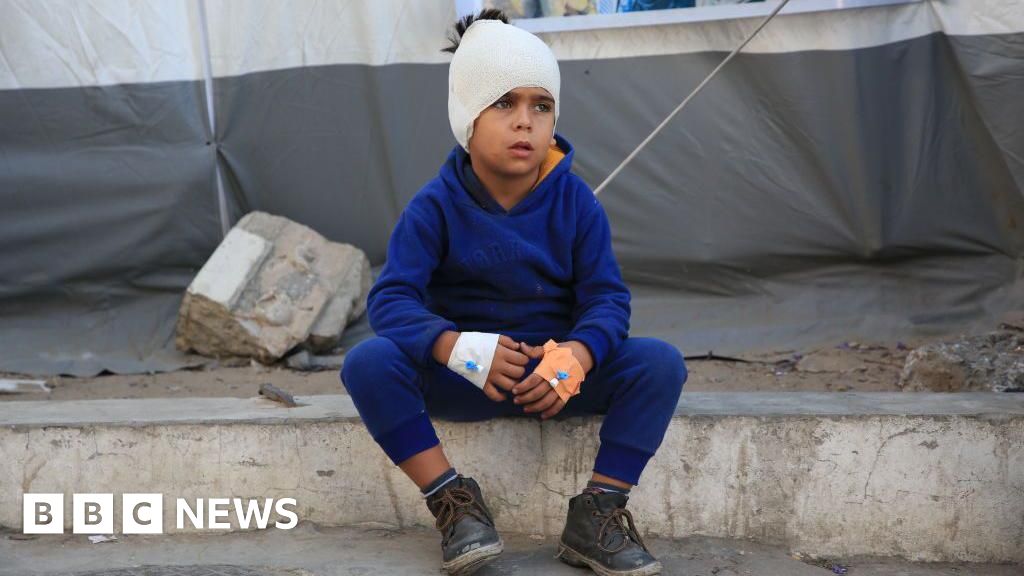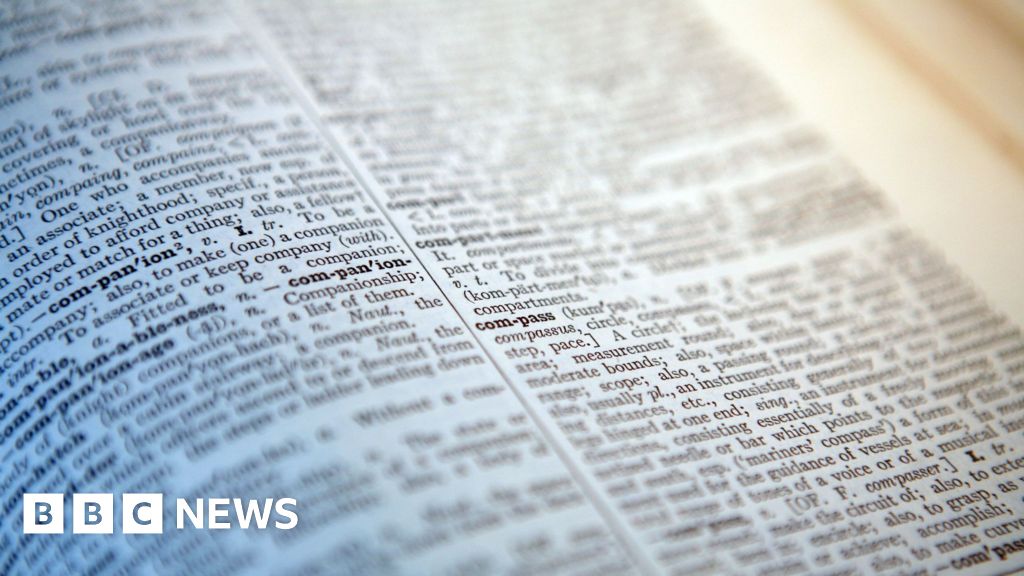- Rand Water is permanently taking over Emfuleni’s bulk water and sanitation service through a special-purpose vehicle.
- Emfuleni will transfer its sewage and water infrastructure to the Vaal Water Corporation in exchange for a stake in the special-purpose vehicle.
- The Vaal Water Corporation will collect water and sewage revenue from customers, bypassing the municipality’s collapsed systems.
- For secure, anonymous communication with News24’s Investigations team, click here.
Rand Water has partnered with the Emfuleni Local Municipality to form a new special-purpose vehicle (SPV) to permanently take over the running and maintenance of the bulk water and sewage infrastructure in the Gauteng municipality.
For the past four years, the water utility has been assisting the municipality in arresting a spiralling sewage pollution crisis and cleaning up sewage-covered streets and rivers.
Rand Water will control and operate the new Vaal Water Corporation, permanently extending its mandate from the Department of Water and Sanitation to end the sewage pollution crisis caused by the collapse of municipal infrastructure.
While both entities want a majority stake in the SPV, the exact ownership levels have not yet been finalised.
When it became clear that the municipality’s sewage infrastructure and capacity to provide the service had collapsed, Senzo Mchunu, then-minister of water and sanitation, intervened through Section 63 of the Water Services Act and appointed Rand Water to restore operations in 2021.
He appointed Rand Water as the implementing agent.
READ | WASTE LAND: Sewage spilling across Emfuleni as municipality returns unspent R640 million to Treasury
The total estimated cost of the intervention is R7.6 billion over a seven-year period, including completion of the major capital works, the department said in a statement attributed to Pemmy Majodina, the current minister.
In the new venture, the stricken municipality will transfer its existing bulk infrastructure - including four wastewater treatment plants, 44 pump stations, more than 8 000km of sewer pipelines, freshwater infrastructure, and other assets - as its contribution in exchange for a major stake in the new entity.
The municipality’s more than R1.5 billion outstanding debt due to Rand Water will also form part of its contribution to funding the SPV.
READ | Overflowing sewers, dry taps: Emfuleni struggles spark DA appeal to human rights watchdog
Other contributions would be the municipality and regional infrastructure’s share of grant funding from the National Treasury and the customer base within the municipality’s service area, said Emfuleni spokesperson Makhosonke Sangweni.
“The municipality cannot operate and maintain its bulk water and sanitation infrastructure,” added Sipho Mosai, the chief executive officer of Rand Water. “It has been hollowed out.”
Under the department’s guidance, Rand Water approached the municipality with the idea of forming the SPV for water and sanitation services, which requires the approval of the minister of finance.
Majodina said:
The establishment of the SPV will result in a professionally managed, dedicated utility with full responsibility and accountability for the provision of water and sanitation services in Emfuleni.
The SPV will collect sanitation revenue from the municipality’s customers, while Emfuleni will retain its status as the water authority responsible for setting water tariffs and the water licence, which will be transferred to Vaal Water.

Leeuwkuil Wastewater Treatment plant is operating at half capacity after being at a standstill three years ago.
Thahasello Mphatsoe/News24
For more than 10 years, Emfuleni has been experiencing a sewage pollution crisis caused by its failure to maintain and repair infrastructure. This has resulted in sustained raw sewage spilling from broken pipes, flowing through the streets into the river system, negatively affecting residents’ living conditions.
The municipality, located in the south of Gauteng, borders the Free State on the Vaal River and is home to more than a million people.
During the past five years, the municipality’s collapsed capacity caused it to forfeit and return more than R640 million in unspent municipal infrastructure grants to the National Treasury.
All four Emfuleni wastewater treatment plants and most of the 44 sewer pump stations had fallen into disrepair.
The resulting sewage crisis heavily polluted critical and strategic natural water sources such as the Vaal River, which South Africa’s industrial heartland of Gauteng, Free State and Mpumalanga relies on for water.
Four years later, a visit to the area revealed that sewage pollution had been significantly reduced, and all four wastewater treatment plants were working.
The problem has not yet been fully resolved, but significant demonstrable progress has been made.

Old and rotten sewage pipelines have been dug up and replaced.
Thahasello Mphatsoe/News24
Rand Water carried out a major refurbishment of the Leeuwkuil Wastewater Treatment Plant over the past three years, replacing stolen electrical cables and installing new pipes to replace the collapsed 60-year-old infrastructure.
This includes the replacement of 50 collapsed sewer lines.
The Leeuwkuil plant is now operating at half its 36 megalitre capacity, from a standstill three years ago.
Work currently under way would take its operations to full capacity over the next two years, said Justice Maluleke, the department’s head of infrastructure in Gauteng. A contractor has been appointed to carry out the capacity expansion.
Maluleke said Rand Water had overseen the construction of the R1-billion Sebokeng Wastewater Treatment Plant, which currently processes 150 megalitres of sewage a day, including a load from the City of Johannesburg.
The plant has a design capacity of 200 megalitres.
Rand Water has restored all 44 pump stations through major mechanical equipment upgrades.

The Sebokeng Wastewater Treatment Plant is now processing 150 megalitres of sewage daily.
Thahasello Mphatsoe/News24
To achieve this, Rand Water employed more than 80 people and contractors to work on the sewer infrastructure and acquired 36 vehicles and machinery.
The assets are registered in the name of Rand Water and the department to reduce the risk of being attached by the municipality’s other unpaid creditors.
Plants have armed security teams guarding them round the clock, curbing the vandalism associated with cable and scrap metal theft.
ALSO READ | From breakdowns to backlogs: Inside Gauteng’s waste collection crisis
According to spokesperson Makenosi Maroo, Rand Water’s interventions at the pump stations and pipelines have cost about R900 million.
While the interventions have had the desired overall impact, the residents of Kanana section in Evaton still grapple with sewage spilling into their homes from blocked pipelines 20 years on.
Rand Water said the solution was to replace the pipeline with a bigger pipe as population growth rendered the original pipelines inadequate for the load.
As a temporary relief measure, the municipality will prioritise the flushing of the pipeline with a mechanical sucker while it secures funds to replace the pipe.
 (1).png)
 2 months ago
80
2 months ago
80

















